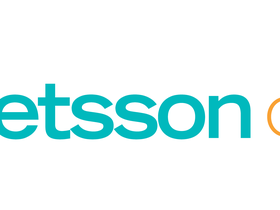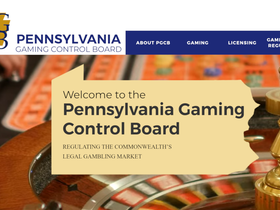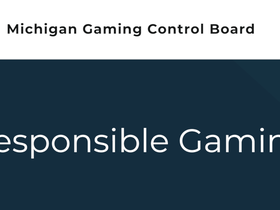Gaming operators, regulatory agencies and advocates for people with gambling problems need to coordinate their strategies to be more effective. But experts warn that a siloed approach to promoting responsible gaming in the US is hindering efforts to help those in need.
“The principles [of responsible gaming] are easy and basic, but the implementation is hard,” Keith Whyte, executive director of the National Council on Problem Gambling, told attendees of a webinar at the SBC Digital North America conference on June 10. “As we look into sports betting and online gambling, it requires a whole lot of new learning.”
Whyte was one of four panelists for a discussion titled “Staying Ahead of the Game – Investing in Responsible Gaming Regulation,” a track event sponsored by Entain, co-parent of BetMGM, and EPIC Risk Management. Entain Foundation US, a non-profit subsidiary, recently partnered with EPIC and RG24seven to develop a free responsible gaming app called “Gamble Responsibly America.”
Richard Taylor Jr., responsible gaming program manager for BetMGM, said one example that illustrates how the siloed approach in the US is not working is telephone hotlines for problem gamblers.
According to Taylor, some states have one dedicated number, but others have at least two. Some numbers are available across multiple states as well. But Taylor said that despite the prevalence of numbers, some hotlines are unable to point callers to the best places to get assistance.
“I can’t imagine a world in which, if I’m in Tennessee and I’m having an emergency, I need to look up what 911 is there,” Taylor said, according to a report by CDC Gaming Reports. “That makes no sense.”
Both Taylor and Jan Jones Blackhurst, a member of the board of directors at Caesars, said their companies took a customer service approach to supporting responsible gaming. Blackhurst said more than 90% of people gamble for fun, but about 10% are “on the border.”
“We do not want to cause harm to customers [whose loyalty] we want for decades,” Taylor said, calling responsible gaming initiatives a “business imperative.” Blackhurst added that Caesars’ responsible gaming program, which was launched 20 years ago, shows the company was serious about making “a commitment to our employees, our customers and our communities.”
When state regulatory agencies work with individual operators to help with their initiatives, they must also stay mindful of the overall goals of promoting responsible gaming, said Mark Vander Linden, director of research and responsible gaming for the Massachusetts Gaming Commission (MGC).
“Casinos are masters at marketing and communication,” Vander Linden said. “We rely on cooperation with each of our licensees. Without that partnership, I don’t think it would be as effective as it is.”
Vander Linden pointed to the MGC’s successful GameSense initiative. GameSense includes information centers at all three of the state’s casinos, as well as advisers trained to help people who think they have a gambling problem.
Taylor said BetMGM participates in GameSense and called it a “shining example” of how regulators and operators can collaborate to promote a responsible gaming program. But he warned that what works in one state might not work in others, so regulators should avoid blindly copying such initiatives and expecting they will work elsewhere.
Whyte concurred. Regulators should design initiatives that are “descriptive, not proscriptive,” he said.
“If there’s a shared set of values and we’re measuring outcomes, there are great grounds for a partnership. When you don’t have shared values or objectives and you’re not measuring the impact, that’s when you start to run up the risk.”
The SBC Summit North America conference will be held from Nov. 30 through Dec. 2, 2021, at the Meadowlands Exposition Center in New Jersey. EPIC announced plans for an invitation-only player protection symposium to coincide with the conference. The symposium will focus on building a unified approach to responsible gaming in the US.




